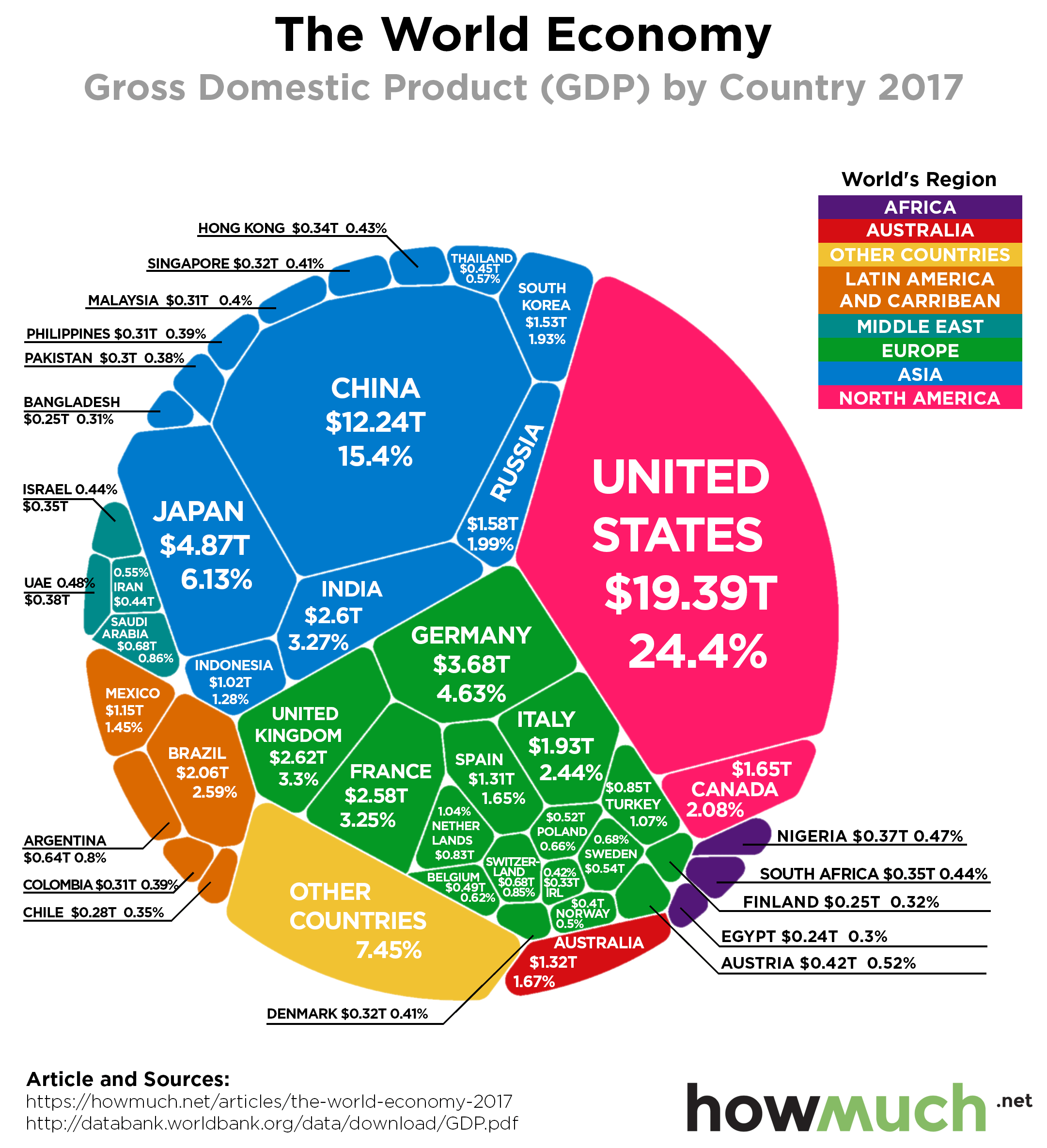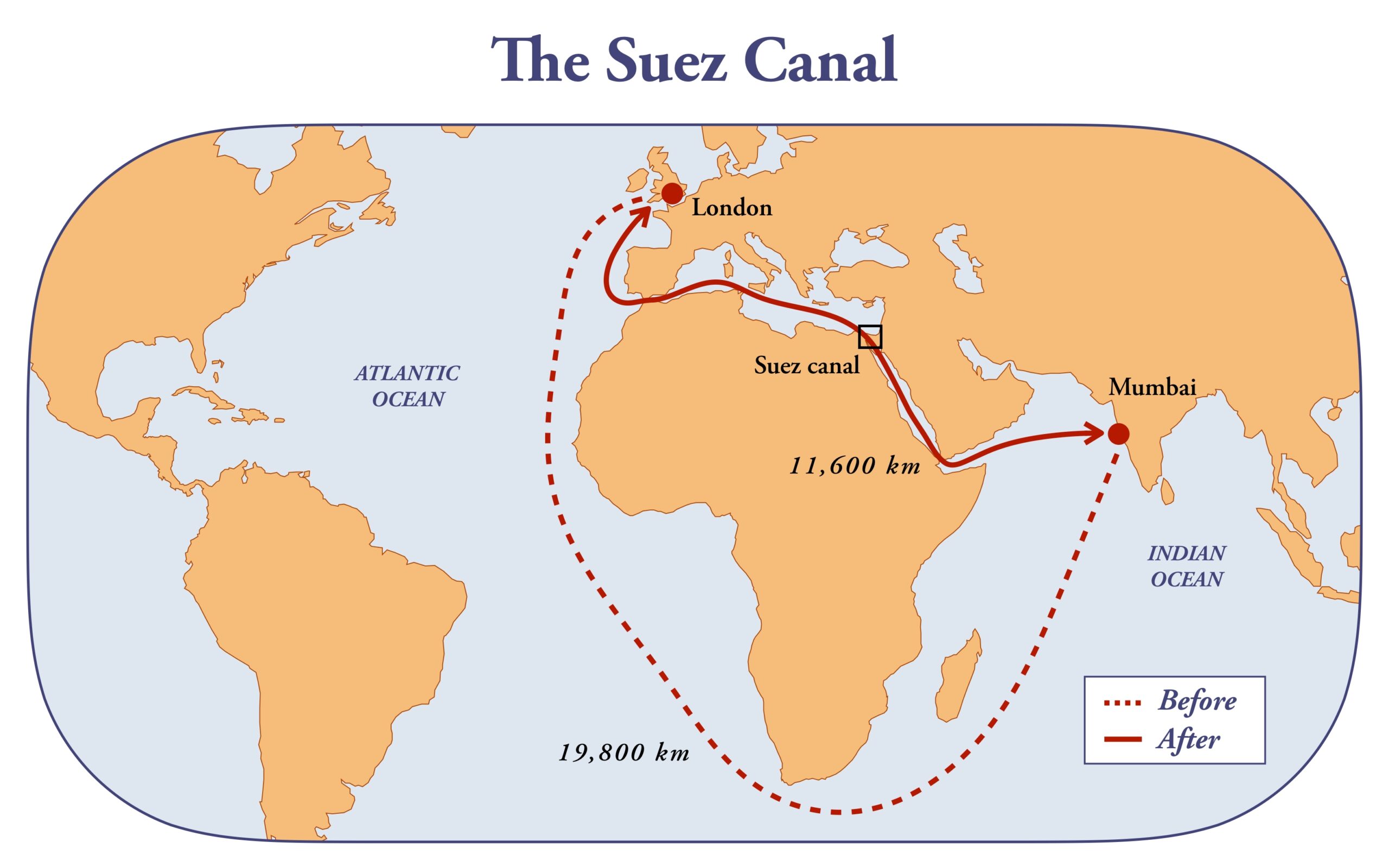The Impact of Trade Wars on Global Economies: A Comprehensive Analysis
To help you understand this complex issue, we've conducted extensive research and analysis. We've compiled our findings into this comprehensive guide, which covers the causes and consequences of trade wars, as well as strategies for mitigating their impact.
Key Differences
| Trade Wars | Economic Impacts | |
|---|---|---|
| Causes | Increased tariffs, quotas, and other trade barriers | Reduced trade volumes, higher prices, and job losses |
| Consequences | Reduced economic growth, increased inflation, and currency volatility | Damage to industries, supply chains, and consumer confidence |
| Strategies for Mitigation | Negotiation, diplomacy, and international cooperation | Diversification of trade partners, investment in new technologies |
Main Article Topics
- The Causes of Trade Wars
- The Economic Consequences of Trade Wars
- Strategies for Mitigating the Impact of Trade Wars
- Case Studies of Trade Wars
- Conclusion
FAQ
This comprehensive analysis delves into the multifaceted impacts of trade wars on global economies. To provide further clarity, we present answers to frequently asked questions, offering insightful perspectives on this complex issue.

USA vs. China Trade War Illustrated in 6 Visualizations - Source howmuch.net
Question 1: What are the primary drivers behind the initiation of trade wars?
Trade wars often stem from protectionist sentiments, whereby countries seek to shield domestic industries from foreign competition. Additionally, geopolitical tensions and diplomatic disputes can contribute to the imposition of trade barriers.
Question 2: How do trade wars exert negative consequences on global economies?
Trade wars can disrupt supply chains, leading to higher production costs and reduced consumer welfare. They may also result in job losses, particularly in industries reliant on international trade.
Question 3: Are there potential benefits associated with trade wars?
While the negative impacts of trade wars are more prevalent, there may be isolated instances where certain domestic industries benefit from increased protection. However, these benefits are often short-lived and come at a greater cost to the economy as a whole.
Question 4: What measures can be employed to mitigate the adverse effects of trade wars?
Reducing trade barriers, promoting dialogue and cooperation between nations, and establishing fair and transparent international trade rules are crucial steps in mitigating the negative impacts of trade wars.
Question 5: Are there any historical examples of trade wars and their consequences?
The Smoot-Hawley Tariff Act of 1930 in the United States is a notable example of a trade war that had severe consequences for the global economy, contributing to the Great Depression.
Question 6: What is the outlook for future trade wars and their potential impact?
The potential for future trade wars remains a concern. Continued protectionist sentiments, coupled with geopolitical tensions, could lead to further disruptions in global trade. However, international cooperation and a commitment to fair trade principles offer a glimmer of hope for mitigating these risks.
In conclusion, trade wars have significant ramifications for global economies. Understanding the complexities and potential consequences is crucial for policymakers and individuals alike. By fostering dialogue, promoting cooperation, and adhering to fair trade practices, we can mitigate the negative effects of trade wars and safeguard the global economy.
Transition to the next article section...
Tips
The global economy is a complex system that is subject to a variety of influences, including trade wars. In the wake of the recent trade war between the United States and China, it is important to understand the potential impact of such conflicts on the global economy. The Impact Of Trade Wars On Global Economies: A Comprehensive Analysis provides a comprehensive analysis of the issue, including tips on how to mitigate the negative effects of trade wars.
Tip 1: Encourage diversification of trading partners. Reducing reliance on a single or small number of trading partners can help mitigate the impact of trade wars. By expanding the range of countries that a country trades with, it can reduce the risk of disruption to its supply chain and minimise the potential for economic losses.
Tip 2: Promote international cooperation. Trade wars often result from disputes between countries over trade policies or practices. Encouraging dialogue and cooperation between countries can help to resolve these disputes and prevent them from escalating into full-blown trade wars.
Tip 3: Support economic resilience. Countries that have strong economic fundamentals are better able to withstand the negative effects of trade wars. This means pursuing policies that encourage economic growth, stability, and diversification.
Tip 4: Provide assistance to affected businesses. Trade wars can have a significant impact on businesses that rely on international trade. Countries can provide assistance to these businesses through a variety of measures, such as financial support, technical assistance, and access to new markets.
Tip 5: Promote public awareness. It is important to raise awareness of the potential impact of trade wars on the global economy. This can help to build support for policies that mitigate the negative effects of trade wars and promote international cooperation.
By following these tips, countries can help to mitigate the negative effects of trade wars and promote a more stable and prosperous global economy. It is important to remember that trade wars are not a zero-sum game. All countries involved can suffer economic losses, so it is in everyone's best interests to work together to resolve trade disputes peacefully and to avoid the negative consequences of trade wars.
The Impact Of Trade Wars On Global Economies: A Comprehensive Analysis
Trade wars between nations are triggered by the imposition of tariffs or other trade barriers on imported goods. These conflicts can have severe consequences for global economies. To understand the profound impact of trade wars, it is essential to examine various key aspects.
- Economic Disruption: Trade wars lead to disruptions in global supply chains, leading to shortages, price increases, and reduced economic growth.
- Political Instability: Trade wars can fuel geopolitical tensions, leading to increased military spending and diplomatic disputes.
- Consumer Impacts: Tariffs increase prices for consumers, reducing their purchasing power and overall economic well-being.
- Environmental Consequences: Trade wars disrupt sustainable practices, as companies may prioritize cheaper production methods over environmental considerations.
- Trade Protectionism: Trade wars promote protectionist policies, which can stifle innovation and hinder economic diversification.
- Long-Term Damage: The negative consequences of trade wars can linger for years, disrupting global economic stability and trust among nations.
The key aspects discussed above highlight the multifaceted impact of trade wars on global economies. From economic disruption and political instability to consumer impacts and environmental consequences, the consequences are severe and long-lasting. It is crucial for policymakers to carefully consider the potential ramifications of these conflicts before engaging in such measures. Understanding these aspects can help nations mitigate the adverse effects and foster a more cooperative and prosperous global economic landscape.

What is a trade war? Definition and meaning - Market Business News - Source marketbusinessnews.com
The Impact Of Trade Wars On Global Economies: A Comprehensive Analysis
Trade wars, characterised by the imposition of tariffs or other trade barriers between countries, can have significant repercussions on global economies. These conflicts can disrupt supply chains, increase consumer prices, and hinder economic growth. Understanding the consequences of trade wars is crucial for policymakers, businesses, and individuals to mitigate their adverse effects and promote sustainable global trade.

The Red Sea Conflict: An Analysis of its Impact on Global Trade and - Source www.bdginternational.com
One of the primary consequences of trade wars is the disruption of global supply chains. When tariffs are imposed on imported goods, businesses may seek alternative suppliers in countries with lower tariffs. This can lead to a fragmentation of supply chains, increased transportation costs, and longer lead times for goods. For example, during the trade war between the United States and China, many American companies shifted their manufacturing operations to other countries in Southeast Asia, resulting in higher costs for consumers and businesses.
Conclusion
The comprehensive analysis of the impact of trade wars on global economies reveals the multifaceted and detrimental consequences of protectionist policies. Trade wars disrupt supply chains, elevate consumer prices, hamper economic growth, and sow geopolitical tensions. Understanding these effects is crucial for adopting informed policies that foster cooperation, reduce trade barriers, and promote the harmonious functioning of global markets.
Moving forward, promoting open and fair trade is essential. This involves negotiating and enforcing trade agreements that ensure equitable access to markets, reducing tariffs and other trade barriers, and addressing underlying economic imbalances that contribute to trade tensions. By working together, nations can harness the benefits of global trade while mitigating its potential risks.